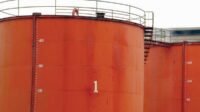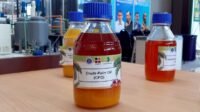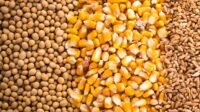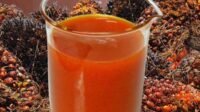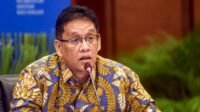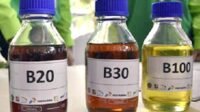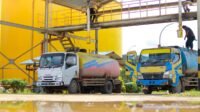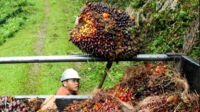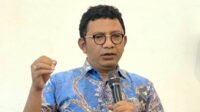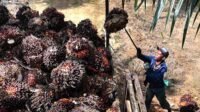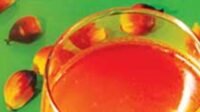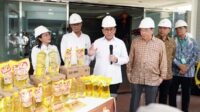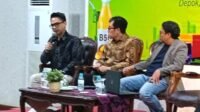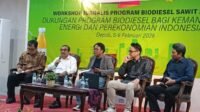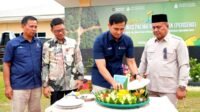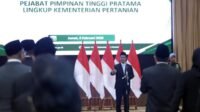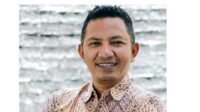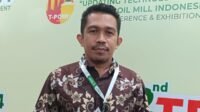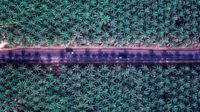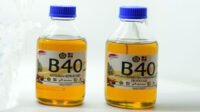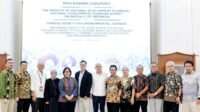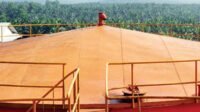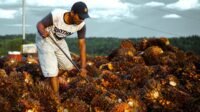PALMOILMAGAZINE, YOGYAKARTA — A new sustainable innovation has emerged from Indonesia’s academic community. Dr. Heri Septya Kusuma, S.Si., M.T., a lecturer in the Chemical Engineering Department at the Faculty of Industrial Technology, UPN “Veteran” Yogyakarta, and his research team have successfully developed an environmentally friendly solution to combat water pollution using oil palm waste as an adsorbent for heavy metals.
Their work has gained international recognition through a publication in the reputable journal Desalination and Water Treatment (Elsevier, Scopus-indexed). The article, titled “Theoretical perspectives and recent advances in palm-based adsorbents for sustainable heavy metal removal from aqueous systems,” presents a comprehensive review of the latest technological advances in adsorption using oil palm biomass.
“This paper not only highlights the latest findings, but also serves as a roadmap for developing more effective and sustainable water treatment technologies,” Dr. Heri said, as quoted from UPN Veteran Yogyakarta’s official website on Friday (1/8/2025).
Also Read: Kalimantan’s Palm Oil Unions Embrace New Leadership Model with Theory U
He emphasized that the use of oil palm waste as a heavy-metal adsorbent offers dual benefits: reducing the environmental burden of palm oil industry waste while providing a green alternative for treating contaminated water.
“Oil palm waste is a major environmental challenge in Indonesia, but we see great potential in it. By transforming it into a pollutant-absorbing material, we are implementing circular-economy principles — turning waste into a new resource,” he explained.
Dr. Heri stressed the importance of cross-institutional and international collaboration in advancing this research. “Global cooperation is essential to addressing increasingly complex environmental challenges. We hope this study will spark broader international synergy,” he added.
He also highlighted student involvement in the project. “Research isn’t just for lecturers. Students play a vital role, and this is an opportunity for them to make a real contribution to science and society.”
Dr. Heri closed with the hope that this research will move beyond the laboratory into real-world application. “We envision palm-waste-based adsorbent technology becoming part of the global solution to achieve the Sustainable Development Goals (SDGs), particularly those on clean water, responsible production, and climate action,” he said.
With its commitment to green innovation and tangible environmental contributions, UPN “Veteran” Yogyakarta continues to assert its role as a key actor in building a cleaner and more sustainable future. (P2)



